214 posts
Latest Posts by subyt - Page 4
“In ordinary parlance, neo-liberalism refers to the repudiation of Keynesian welfare state economics and the ascendance of the Chicago School of political economy – von Hayek, Friedman, et al. In popular usage, neo-liberalism is equated with a radically free market: maximized competition and free trade achieved through economic de-regulation, elimination of tariffs, and a range of monetary and social policies favorable to business and indifferent toward poverty, social deracination, cultural decimation, long term resource depletion and environmental destruction. Neo-liberalism is most often invoked in relation to the Third World, referring either to NAFTA-like schemes that increase the vulnerability of poor nations to the vicissitudes of globalization or to International Monetary Fund and World Bank policies which, through financing packages attached to “restructuring” requirements, yank the chains of every aspect of Third World existence, including political institutions and social formations. For progressives, neo-liberalism is thus a pejorative not only because it conjures economic policies which sustain or deepen local poverty and the subordination of peripheral to core nations, but also because it is compatible with, and sometimes even productive of, authoritarian, despotic, paramilitaristic, and/or corrupt state forms and agents within civil society. While these referents capture an important effect of neo-liberalism, they also reduce neo-liberalism to a bundle of economic policies with inadvertent political and social consequences: they eschew the political rationality that both organizes these policies and reaches beyond the market. Moreover, these referents do not capture the neo in neo-liberalism, tending instead to treat the contemporary phenomenon as little more than a revival of classical liberal political economy. Finally, they obscure the specifically political register of neo-liberalism in the First World, that is, its powerful erosion of liberal democratic institutions and practices in places like the United States. My concern in this essay is with these neglected dimensions of neo-liberalism.”
—
Wendy Brown, Neoliberalism and the End of Liberal Democracy
Oldie but a goody re recent conversations.

Betty Danon, I am, 1978.

Portrait of a Man Reading a Book Parmigianino (1503–1540) York Museums Trust

From: Anoka Faruqee: Rainbows and Bruises, Koenig & Clinton,... http://garadinervi.tumblr.com/post/181903466556/from-anoka-faruqee-rainbows-and-bruises-koenig
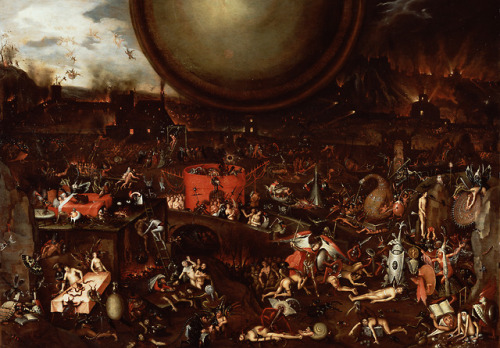
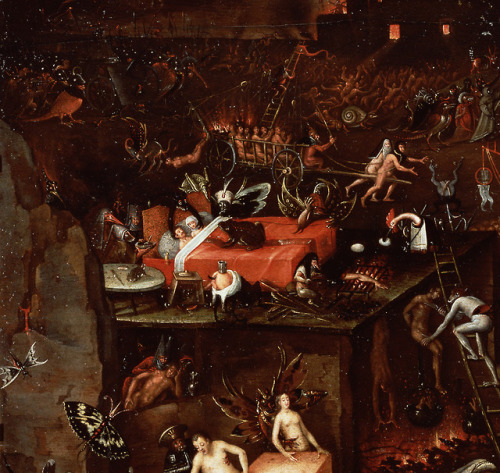
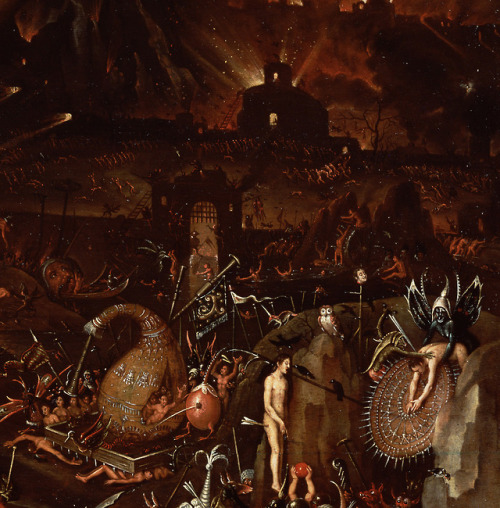
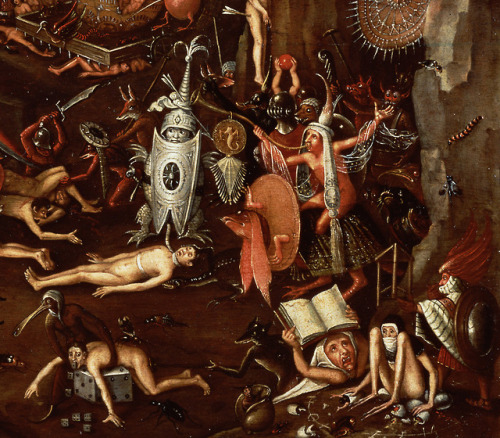
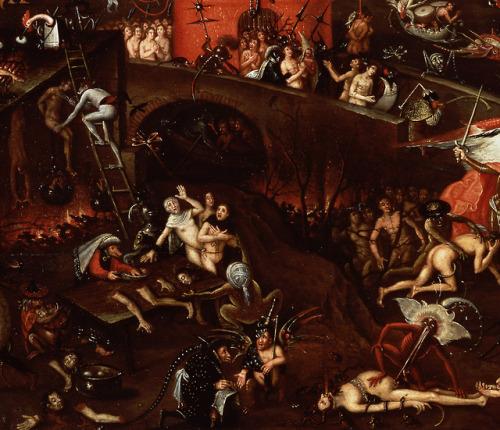
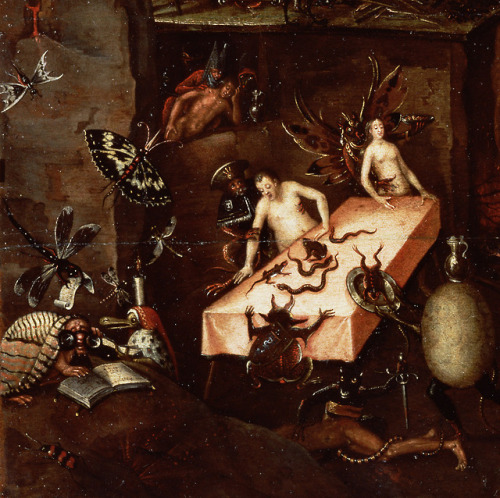


1950′s ☭ – A Tire Factory.


1950′s ☭ – A Tire Factory.
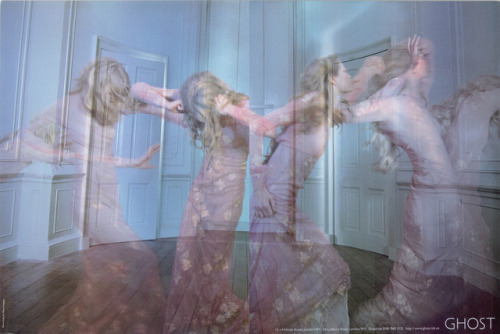
Dazed, Issue 40, March 1998

Philosophy begins by the ruin of the real world.
Jean-Luc Godard - JLG/JLG – Self-Portrait in December (1994)

Philosophy begins by the ruin of the real world.
Jean-Luc Godard - JLG/JLG – Self-Portrait in December (1994)

Invitation to Dérive
“Men can see nothing around them that is not their own image; everything speaks to them of themselves. Their very landscape is alive.” — Marx
(…) We perceive the ‘real world’ through our own image, ideas, conscience. The physical parts of an environment are decipherable by all, but the meaning we make of it, it’s almost incommunicable. It’s unique to which one of us. In a sense, it is safe to say we all live in a different space. In a different ‘geography’.(…)
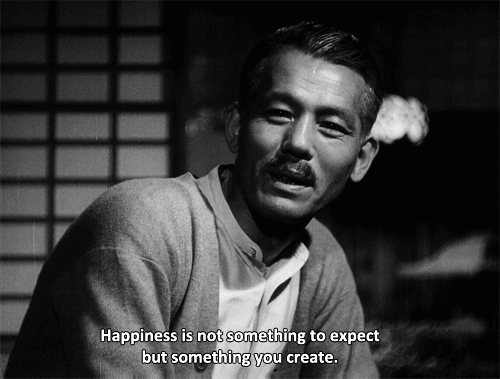
Late Spring, 1949 Directed by Yasujirō Ozu

Shumei Kobayashi

Art & Language (Terry Atkinson - Michael Baldwin), Map of Thirty-Six Square Mile Surface Area of Pacific Ocean West of Oahu, 1967
(via Tate)

Giuseppe Santomaso (Italian, 1907-1990)

Thilo Heinzmann (German, b. 1969), Ohne Titel, 2010. Oil and pigment on canvas, 135 x 155 x 10 cm.
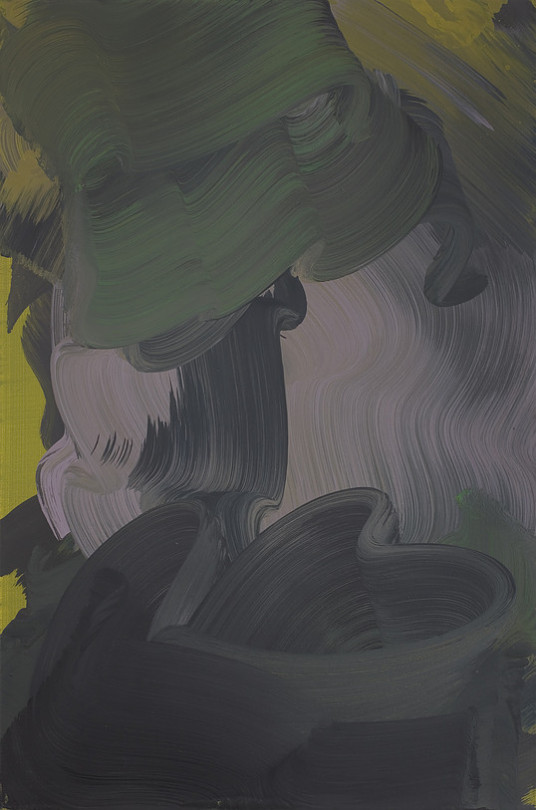
Erin Lawlor

Pablo Picasso -, ca. 1950

Jan J. Schoonhoven
Relief, 1964
Cardboard and painted artist’s frame

Joan Mitchell


©imagemm ©Marisa Marko 2016


Sarah Moon, from “Inverno a Reggio Emilia” photobook

Ryuichi Sakamoto - Sampled Life (1999)


Håvard Homstvedt (Norwegian, b. 1976), Tattered Edgings, 2007. Oil pastel, charcoal, and acrylic with collage on paper, 111.5 x 76.5 cm.
